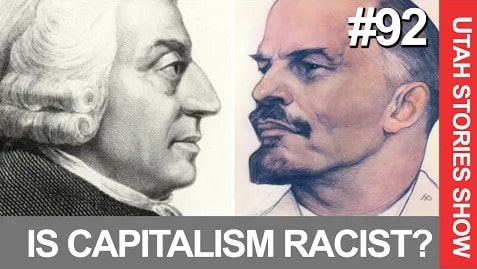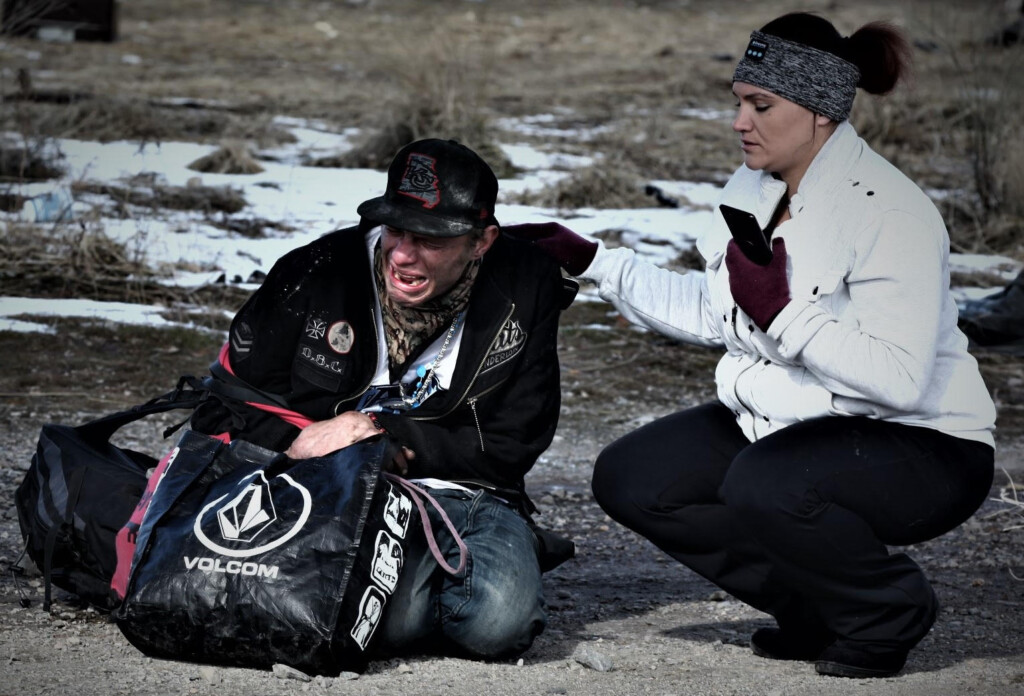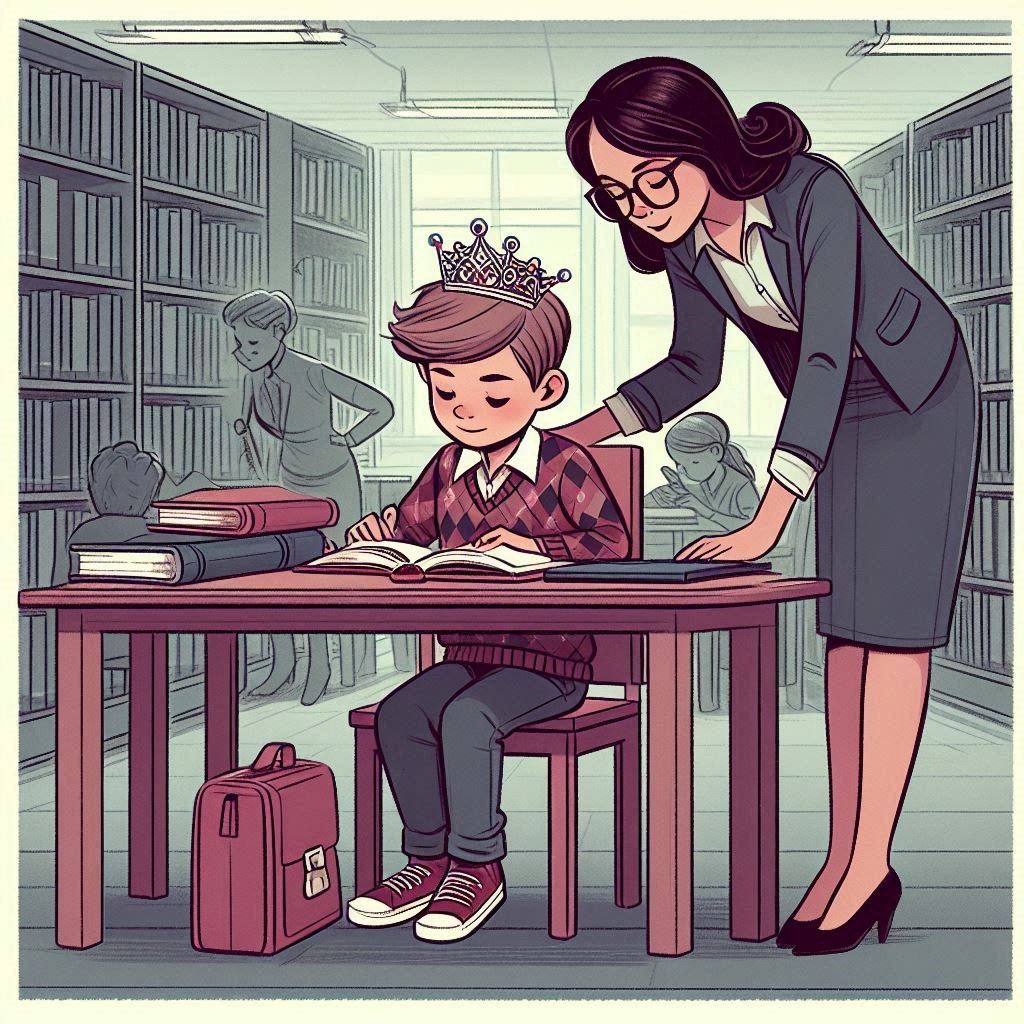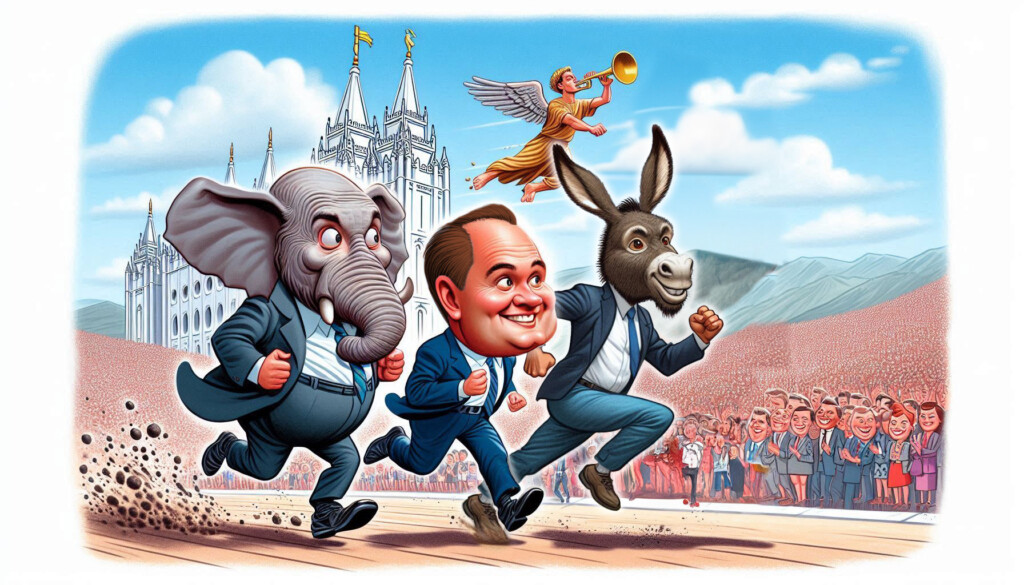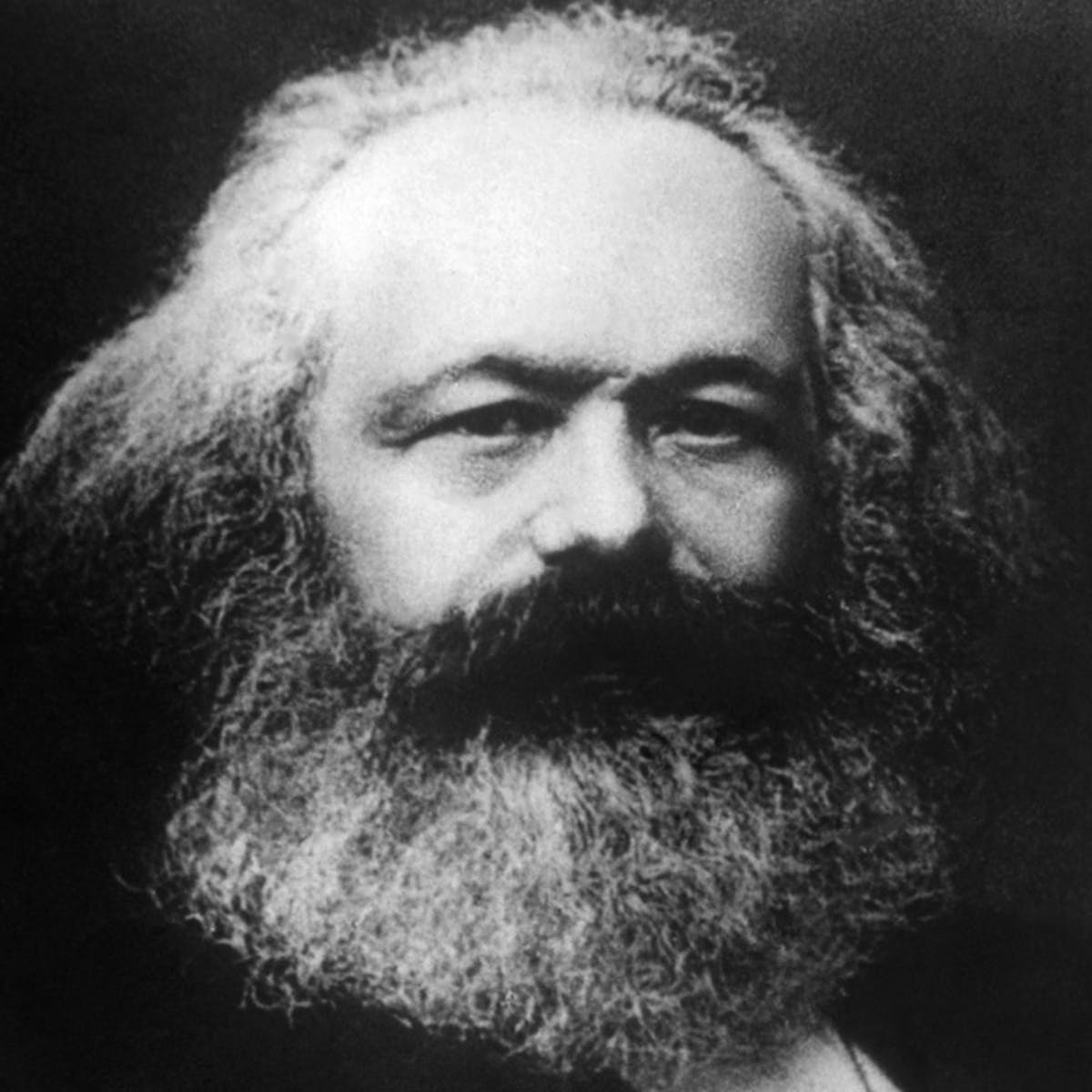
The Culture War Part II
Marxist views and teachings are gaining a resurgence on University campuses. Socialist ideas are on the rise because there is a growing gap between the rich and the poor. The rich seem to be getting richer and the working poor’s wages seem to stagnate. Furthermore, there is a growing culture of people who simply do not want to work in a corrupt system. Why don’t they want to work? I’ve heard it quite often said, “Because the system is rigged.”
The growing popular contention is that capitalism is inherently racist. This is because the success of the U.S. is partially due to the added benefit that African slaves provided to the early Southern states producing sugar and tobacco, and lingered well into the later decades due to systemic racism.
The anti-capitalists contend further that slavery still exists today in the form of corporations exploiting workers to gain profits. The notion is gaining momentum thanks to the 1619 Project and to the series of articles the New York Times has published on the topic, which supports the national Black Lives Matter movement along with the ideas that Critical Race Theory should be taught in schools. Utah just passed measures to prevent this from happening.
In this episode of Utah Stories Show, we attempt to delve into whether or not capitalism is indeed racist.
Certainly, capitalism is unfair, we readily admit that the system is indeed rigged by corporations colluding with the government. Further capitalism often produces “obscene profits” to winners and “unfair outcomes” to losers sometimes in a very unfair manner. If we no longer live in a true free-market society, then why should we bother to protect it?
Utah Stories has covered over the years how capitalism often sanitizes quaint historic areas where charm and small ma-and-pa businesses are trades for more economically successful models, such as chain stores and bland retail, as we have found occurring in Sugar House and throughout Salt Lake City.
Examining SocialistAlternative.com, we find an article posted on the Rise of Capitalism and the Emergence of Racism. The authors contend that prior to the African slave trade racism didn’t exist nearly to the degree it does today, because slavery existed among whites and blacks nearly equally. Racism against blacks arose when whites slaves were given freedom in the U.S. while black slaves remained in bondage after the founding of the United States. We have not examined the veracity of the claim beyond this website, but to a certain degree, this is true.
The authors also contend that capitalism is founded on the exploitation of the majority working poor by a minority elite, This exploitation results in profits which are then “stolen” by the minority elite. We examine in detail, this “theft” and how and why there is a mindset that corporate profits are some type of theft against the working poor in a capitalist system.
Our contention is that having the freedom to choose whether workers remain at a particular job offers workers the upper hand and ultimate freedom. While capitalism is unfair, it offers far more freedom and wealth overall than if the state controls the means of production, as Marxism contends.
We invite readers and viewers to share their opinions as to ideas that could work better than Capitalism. We at Utah Stories are by no means defenders of capitalism, but as Winston Churchill said, ” The inherent vice of capitalism is the unequal sharing of blessings; the inherent virtue of socialism is the equal sharing of miseries.”
However, if you find our views wrong, we would love to hear from you.
Visit UtahStories.com to subscribe to our digital newsletter
Visit CMRbeef.com/utahstories to try Canyon Meadows Grass-fed Beef
Vist GreenBikeSLC.org to learn about the bike share program in Salt Lake City
Subscribe to Utah Stories weekly newsletter and get our stories directly to your inbox

